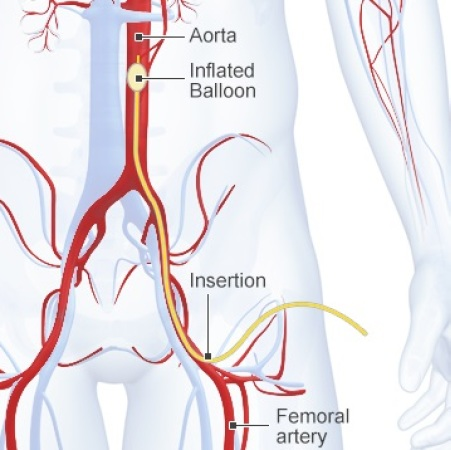
Our next talk is Patrick Druwe talking about the REAppropriate trial!
To put these results into context we first will talk about the outcomes after OHCA
In Japan there is a high rate of resuscitation attempts in patients who may not have a resuscitation attempt elsewhere! There is therefore a high rate of non-shockable OHCA and these have poorer outcomes!
We have also seen that there has been a significant increase in survival from shockable arrests, but the improvements have been minimal in non-shockable arrests!
In Denmark it was found that of cardiac arrests in care homes, over 90% were non-shockable and therefore unlikely to have good outcomes!
The REAPPROPRIATE trial aimed to look at the clinician perceived appropriateness of resuscitation attempts!
It found that many of the clinicians felt that their most recent resuscitation attempt was inappropriate or they were uncertain of how appropriate it was 

It was also found that even in patient groups with 0% survival, only 30% of clinicians felt that the resuscitation attempt was inappropriate, so the clinicians may be overestimating the appropriateness of the attempts!
The researchers then went on to assess the impact that inappropriate resuscitation has on clinicians 

Further to this, there was a significant link between those who reported being involved in inappropriate resuscitation attempts and those who intended to leave their job 

Interestingly there was a decreased intention to leave the job in those who felt they could discuss the appropriateness with those in their place of work. Those who discussed these topics outside of work were more likely to intend to leave!
There was also decreased intention to leave the job among those who felt valued by their team and by those who were involved in a structured debriefing process.
• • •
Missing some Tweet in this thread? You can try to
force a refresh









